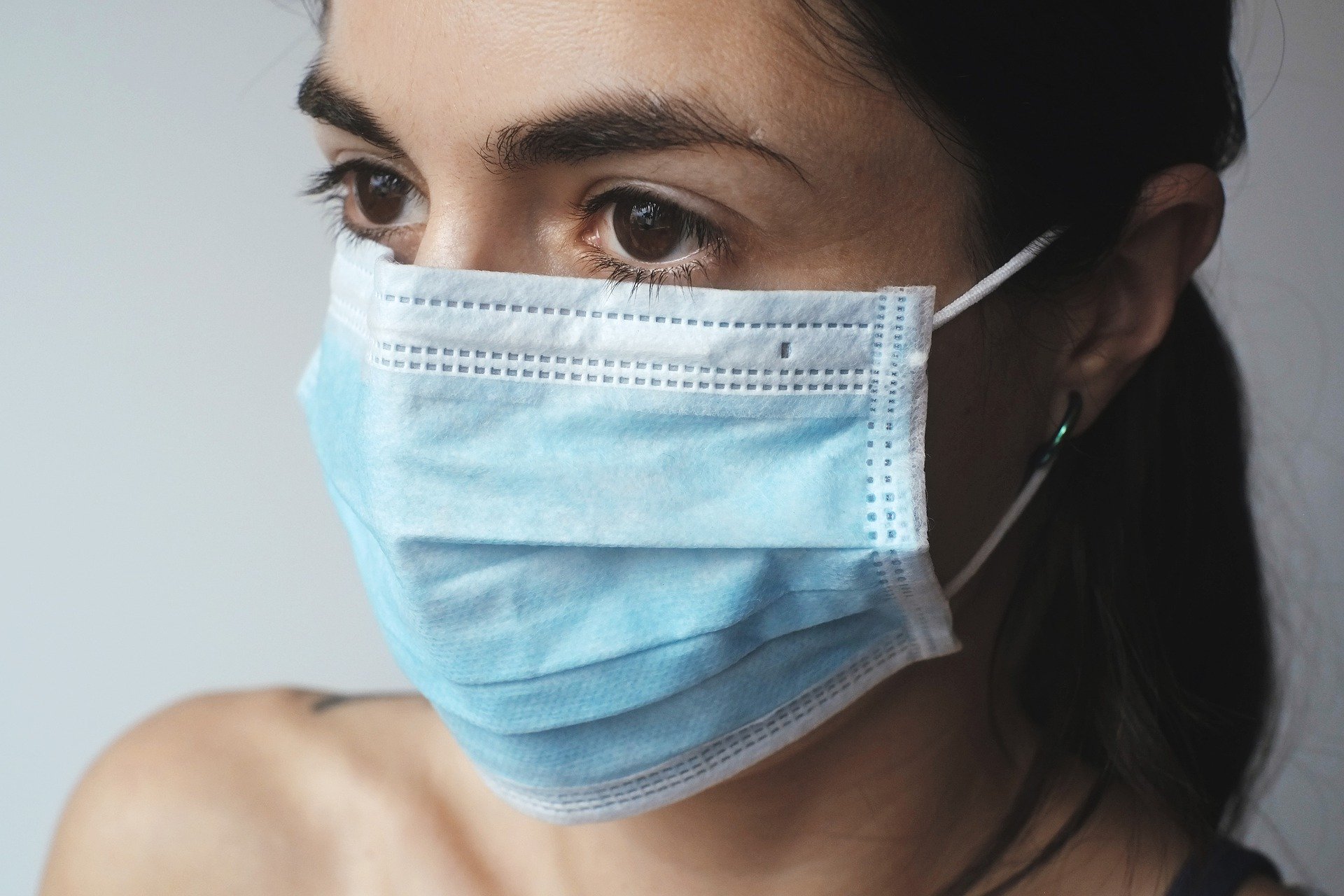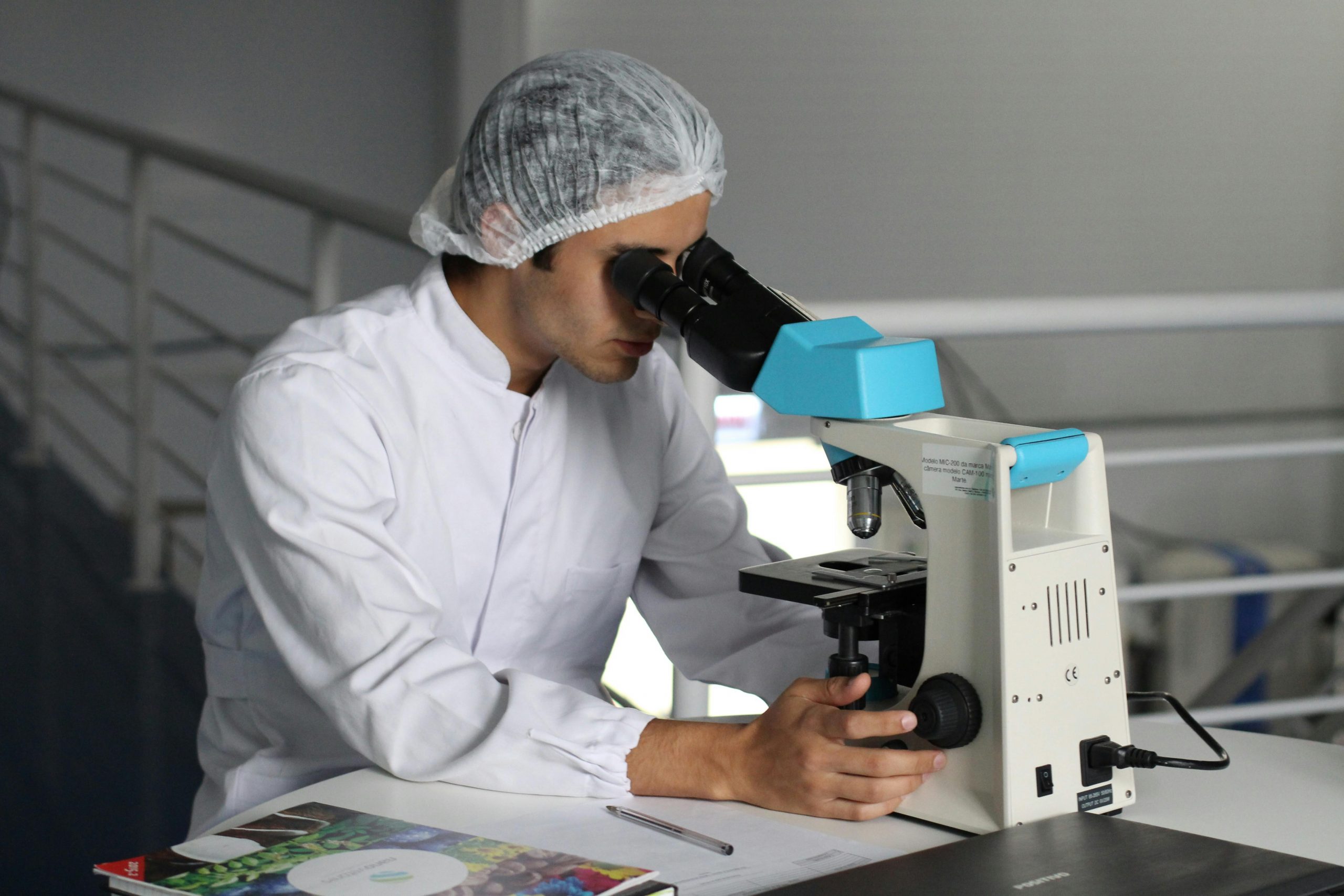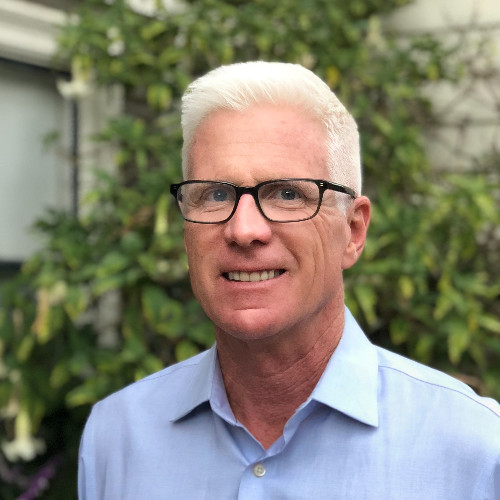Holistic healthcare is a person-centered approach to healthcare. It basically looks at and treats the whole person to maintain wellbeing and to combat ill health. Holistic medicine is as much about preventing illness as it is about treating it,and puts an emphasis on self-care, meaning that it aligns with Healthdom’s approach to preventative healthcare. Let’s look at what holistic healthcare is, how it works, and whether it’s better than general sickcare.
Socrates (470-399 BCE) said, „the part can never be well unless the whole is well,” instructing others against treating a single part of the body. The is the basic foundation of holistic health.
What Does Holistic Healthcare Really Mean?
Holistic healthcare combines the latest medicine and technology with alternative therapies and person-lead prevention activities. And it doesn’t just seek to treat one condition or prevent one disease. Instead, holistic healthcare focuses on the whole person and the five different aspects of personal health, seeking to help you create balance and optimize your health as a whole. For example, if you engage in holistic healthcare practices, you would be encouraged to utilize all of the preventative healthcare services, such as diagnostics, health screenings, and regular medicals. At the same time, you’d make healthy dietary choices and make sure you get plenty of physical activity. And you’d also need to work at taking care of your mental and emotional health. To that end, you may decide to add some supplements, herbal remedies, or alternative therapies into the mix. For example, for deep relaxation, physical health, and good mental health, you could decide to get a regular massage and practice meditation. When you engage in holistic healthcare, you play an integral, active role in managing your own health.
In a nutshell, holistic healthcare means taking care of the whole you, and doing so everyday, not just when you’re sick. It’s a form of preventative healthcare that aims to keep you in a state of optimal overall health by maintaining proper balance.
This person-centered approach to healthcare is based on the idea that human health is made of interdependent aspects. If one of those five pillars is out of balance, then it has a negative impact on the other four pillars and on our overall health.
The five pillars are holistic health are
- Physical
- Emotional/Mental
- Social
- Spiritual
- Economical
For example, if you went to a holistic doctor with stomach cramps or diarrhea, they wouldn’t just send you away with medication to treat the symptoms, they’d look at a variety of aspects that could impact your symptoms, such as stress levels, your emotional state, your diet, activity level, and sleep habits, as well as any other symptoms you may be experiencing, even if they seem unrelated. Yes, the practitioner may give you drugs to treat the immediate symptoms, but they’d also give you an individual care plan that could include a herbal supplement, some lifestyle changes, and some alternative therapies to bring all five aspects back into healthy balance.
What Are the Core Principles of Holistic Healthcare?
The American Holistic Medical Association works according to ten principles of holistic medical practice
- To consciously pursue optimal health. This can be achieved by meeting the needs of and balancing the interdependent aspects of the whole person. Working toward a condition of balanced wellbeing, whether the person is ill or not.
- Love is a powerful healer. Holistic healthcare professionals believe that love is a powerful healing force and therefore all patients should be treated with kindness, acceptance, and support.
- Whole person care. Practitioners work on the principle that a person is the sum of their body, mind, spirit, and their environment.
- Prevention and treatment. Holistic healthcare professionals work to prevent ill health by promoting self-care and a preventative healthcare regime. They also treat diseases to relieve symptoms and work to find and eliminate the underlying causes to bring your body back into balance.
- Everyone has innate healing powers. Holistic practitioners believe that we all have the power to heal in our minds, bodies, and spirits, and they aim to help patients awaken and use these powers to strengthen their own healing process.
- Integrated healing practices. Use a multi-pronged approach that combines traditional Western medicine with alternative therapies and recommendations, holistic healthcare practitioners employ a variety of diagnostics and treatments. A treatment plan is tailored to meet the needs of the individual and may encompass a range of treatments from different traditions, complementary therapies, as well as cutting-edge medical interventions.
- Relationship-centered care. Practitioners work in partnership with their patients. A healthy patient-practitioner relationship is one in which the professional encourages the patient to autonomously pursue improving their overall health. This relationship should also align with the needs, values, and insights of both parties.
- Individuality. Because we’re all unique, holistic health professionals focus on creating a person-centered, individual treatment plan. They treat the person, not the illness.
- Leading by example. Good holistic health practitioners incorporate holistic health into their own lives. Living by the principles of holistic healthcare, these practitioners have a deeper understanding of their profession and of their patient’s needs and experiences, resulting in better relationships and patient outcomes.
- Lifelong learning. All of our experiences, from the joy of birth to the sorrow of grief provide profound learning opportunities.
What Kind of Treatments Can I Expect From Holistic Healthcare?
- Western medicine, medications, diagnostics, surgical procedures, examinations.
- Alternative therapies like acupuncture, deep tissue massage, Reiki, and homeopathy.
- Self-care education, including diet and nutritional guidance, lifestyle changes, and exercise.
Taking Charge of Your Holistic Healthcare
As we mentioned earlier, a big part of holistic healthcare is you taking the lead in your quest for total health. You’ve got to take the initiative and lead the charge. Look at your lifestyle and think about all the elements you could improve. Reduce your alcohol intake, eat more fiber, ditch unhealthy foods, and exercise more. Do you spend too much time online? Do you have good sleep habits? Is your home environment relaxing and stress-relieving? Do you need to meditate, do yoga, or find some other coping mechanism to improve your mental health? Be proactive and get yourself into a healthy state mentally and physically to help prevent disease. Schedule regular preventive procedures like screenings, biometrics checks, and diagnostic procedures to ensure you stay healthy and avoid sickness or at least catch diseases as early as possible.
Is Holistic Healthcare Better Than Conventional Sick Care?
Yes. Without doubt. Holistic healthcare aims to treat the whole person and looks at factors ranging from your physical and mental health to your happiness, environment, and your feelings of life satisfaction, as each play a part in ensuring the health of the whole. The regular sickcare we’ve been programmed to think is „normal” isn’t about keeping us healthy and preventing disease, it’s not proactive, it’s reactive. However, following a path of holistic treatment, you’ll be engaging in a plan of preventive healthcare designed to keep your whole self happy, healthy, and balanced, helping to prevent disease and sickness.




